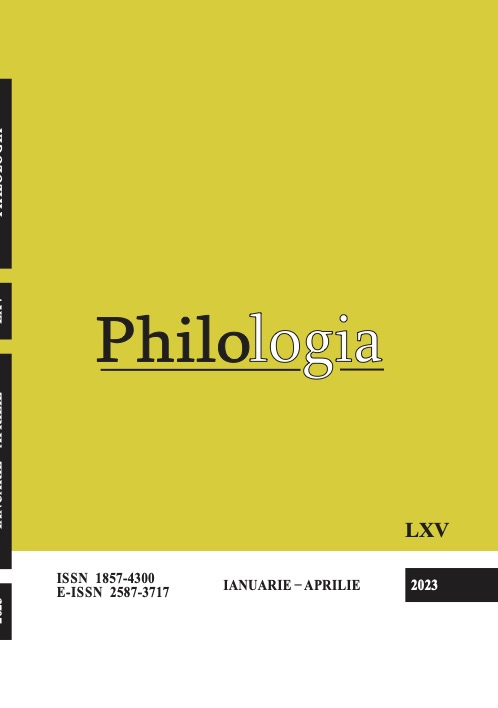Abstract
In this study are analyzed the dilemmas of the system and the censorship that mark the
post-utopian society (a possible society) that can limit certain freedoms of the individual
limits. Starting from some fictional representations (possible worlds) we could observe that
the most serious problem for a people is erasing the past from the collective memory by
changing the perception of the historical truth or relativizing it. In this sense, making use
of the tools specific to the comparative approach, we analyzed the imaginary universe of
the novel Amintiri din epoca lui Bibi: o post-utopie by Andrei Cornea, in which extensive
recourse is made to memory, while developing social dilemmas and paradigms behavioral.
We also noticed, from a compositional point of view, the novel is an allegorical projection
of a society marked by the problem of lack of memory, but also of the condition of the
individual in a post-utopian society that has not definitively renounced repressive means.

